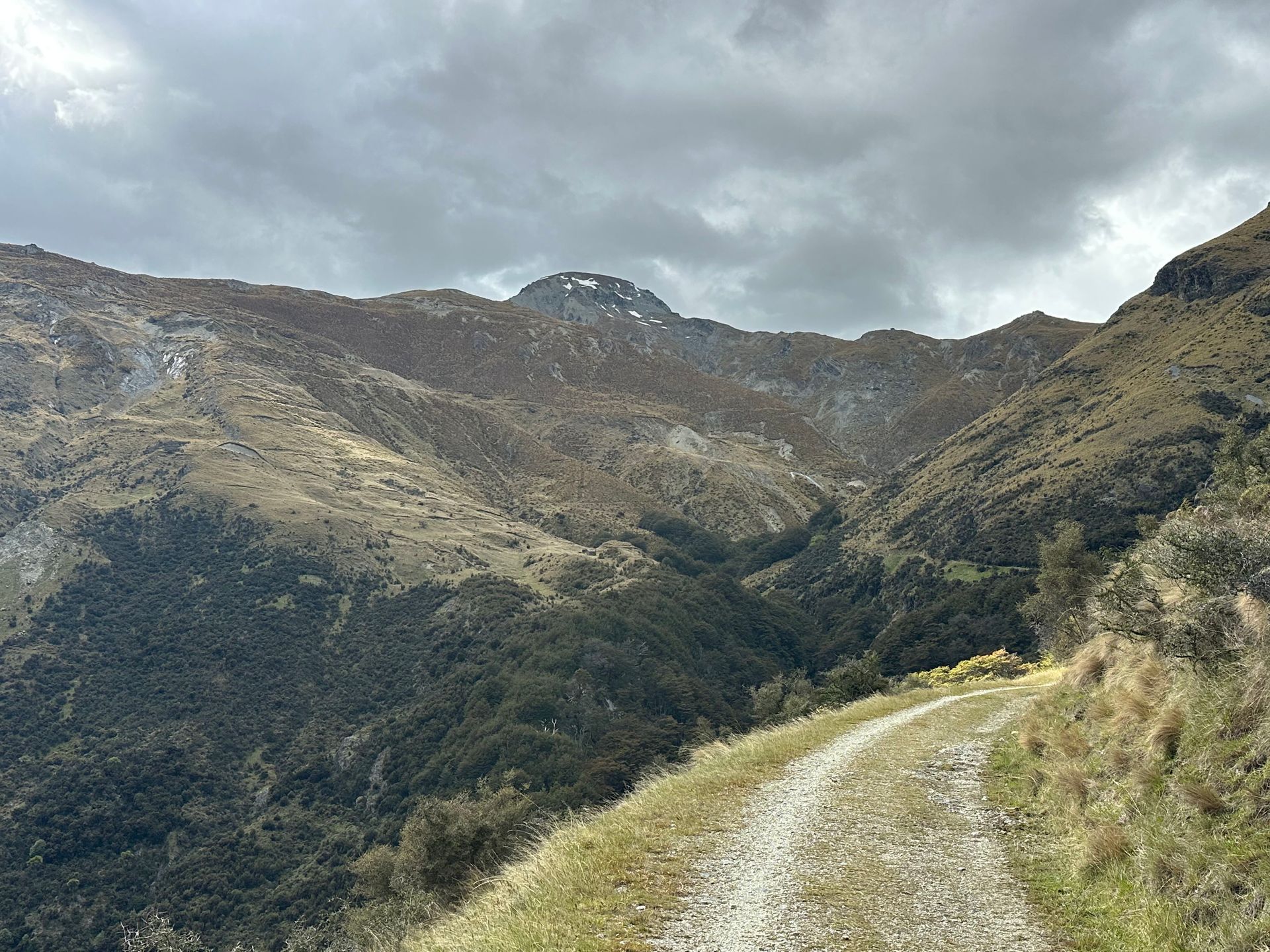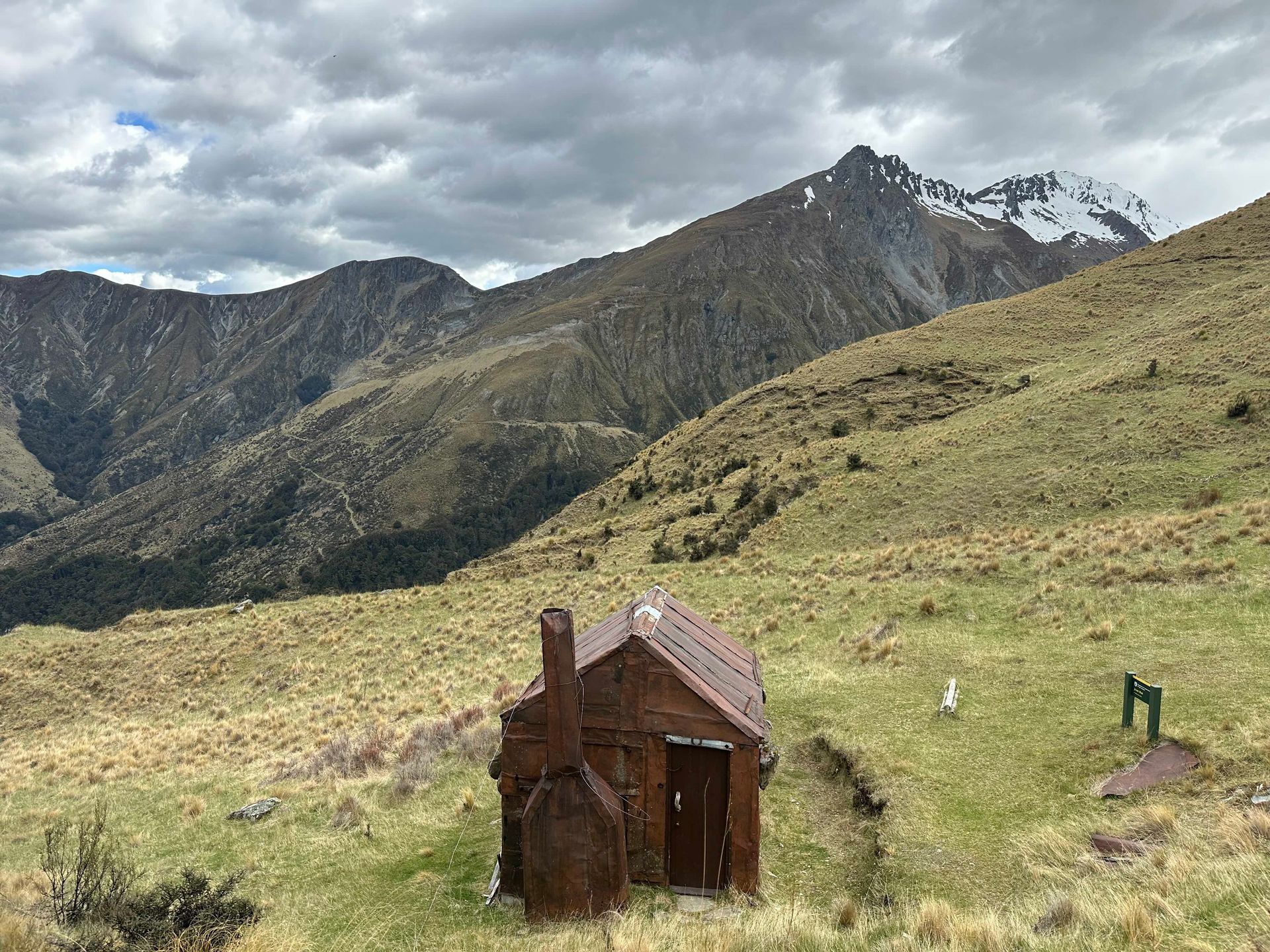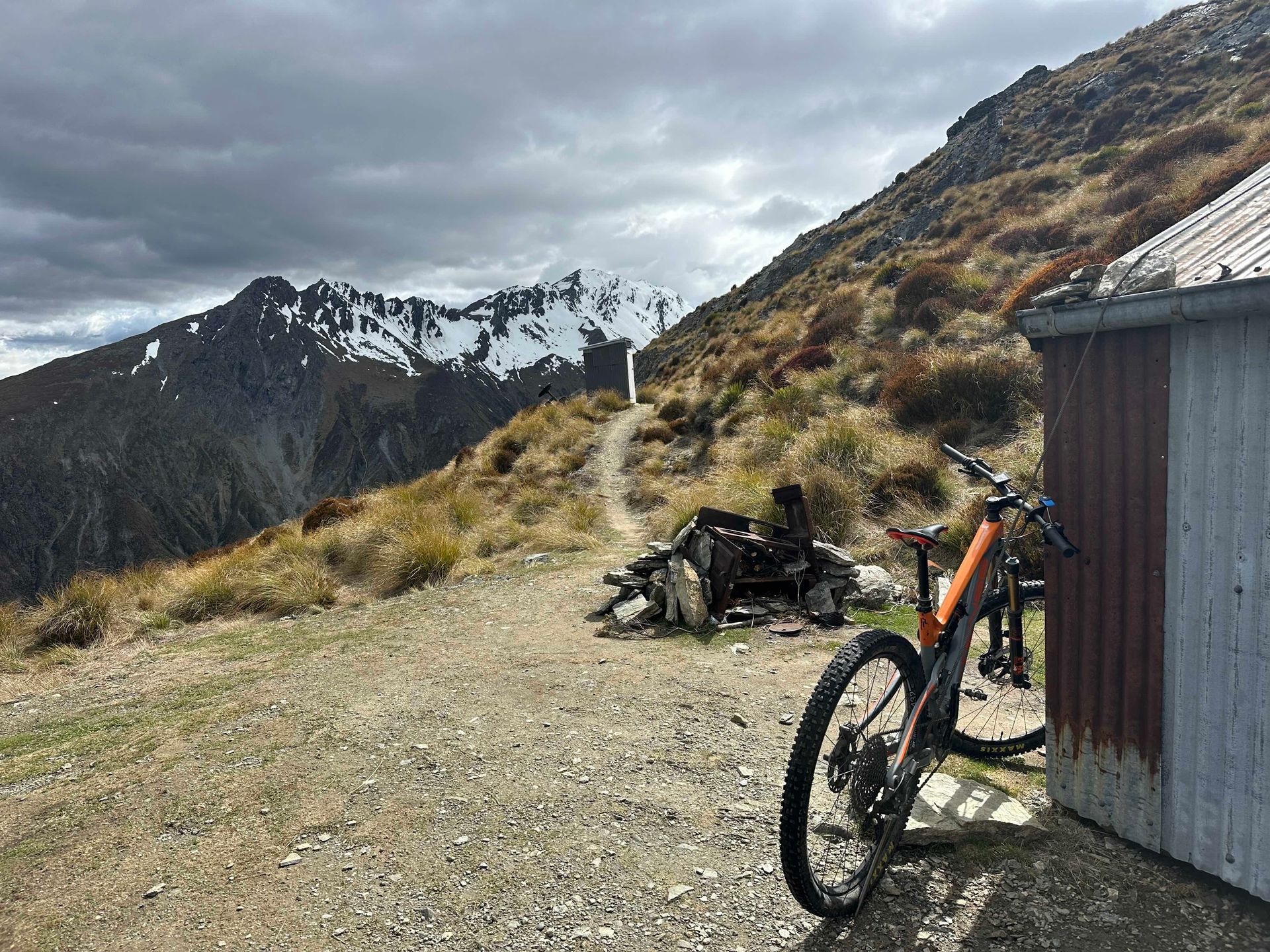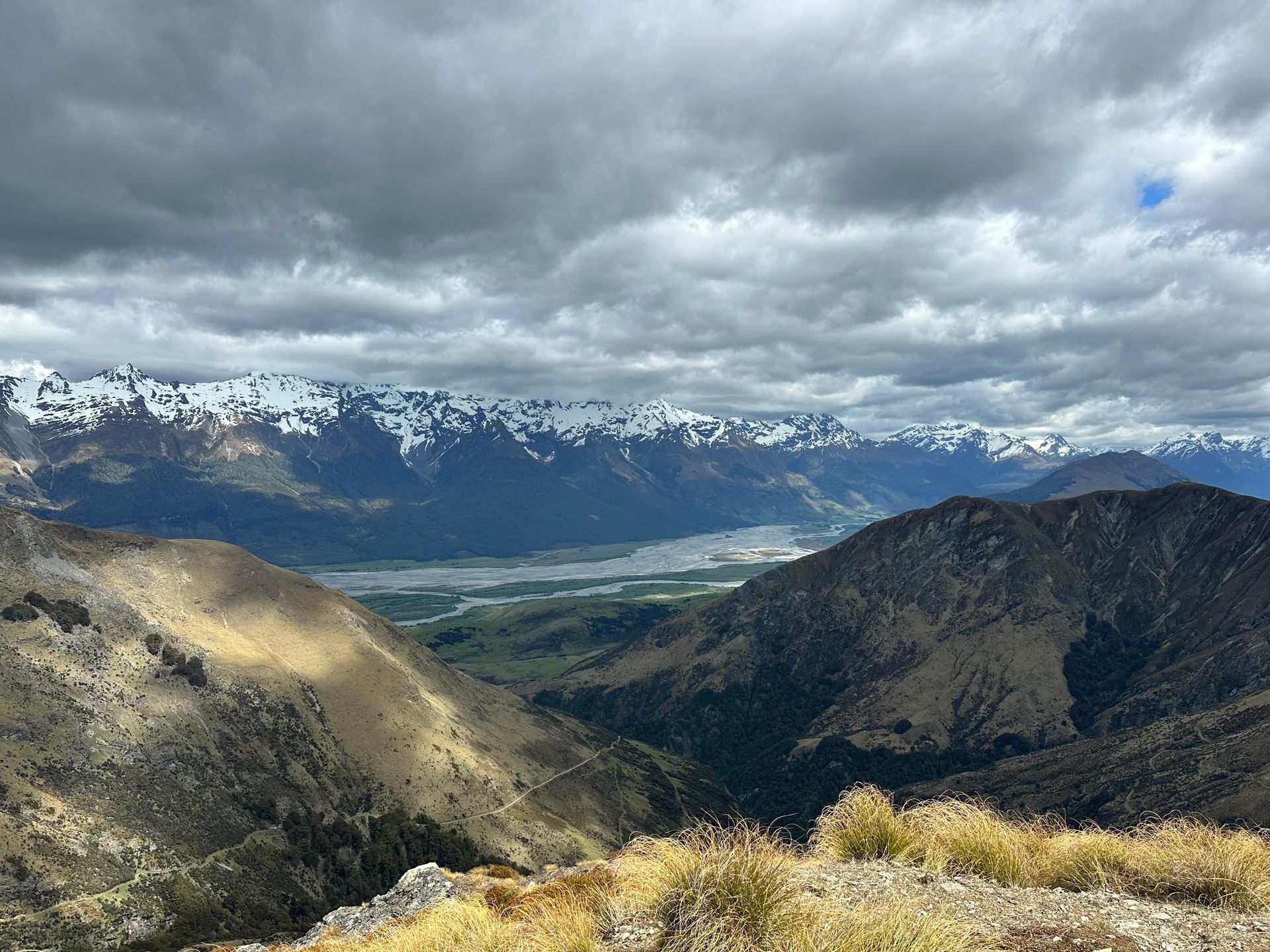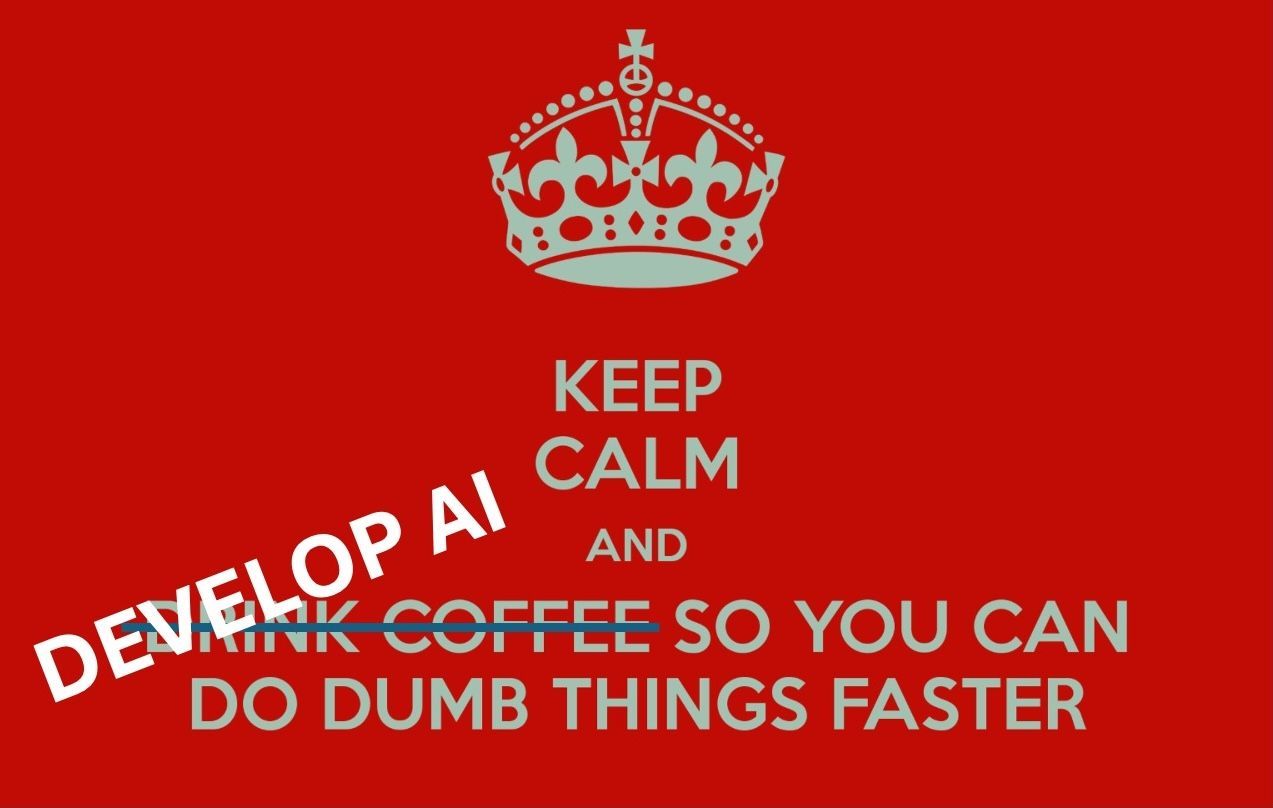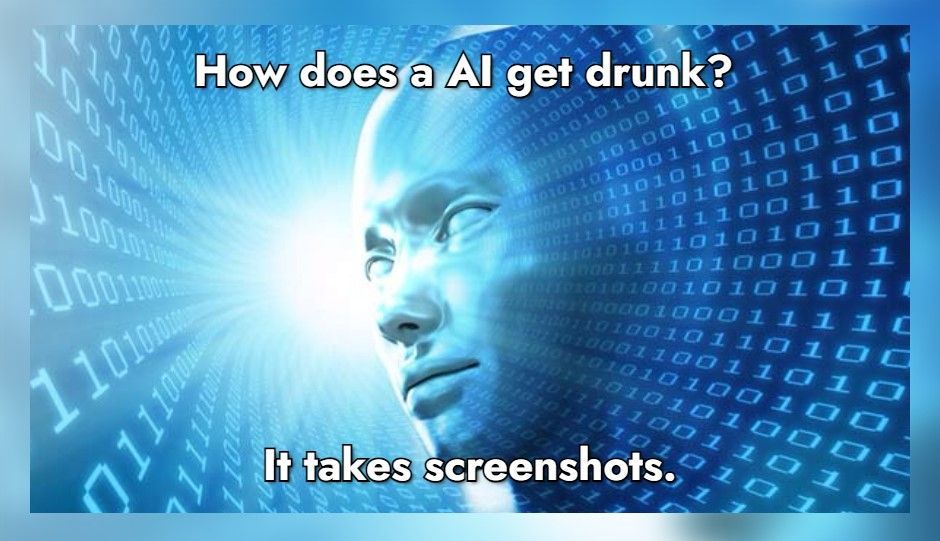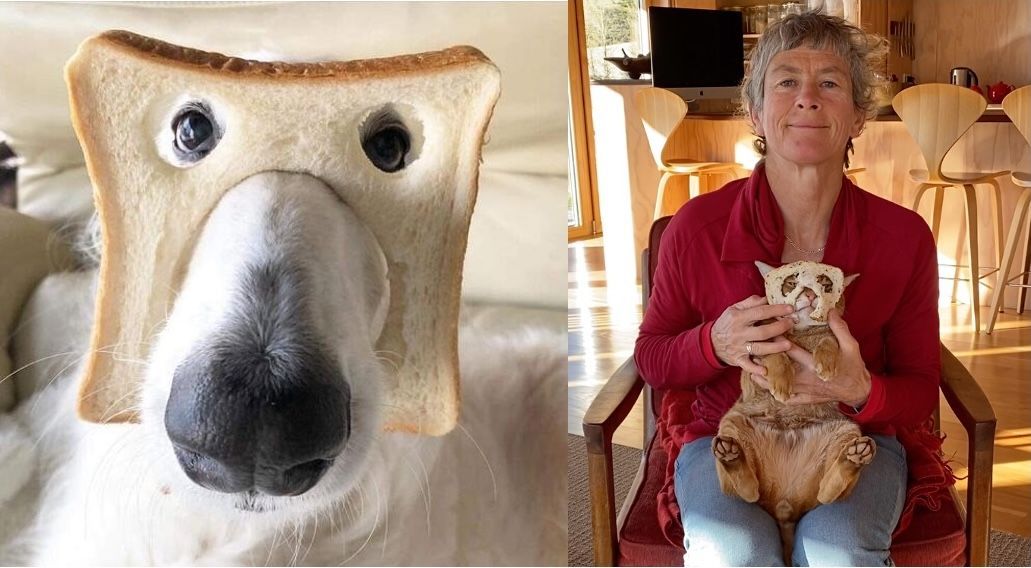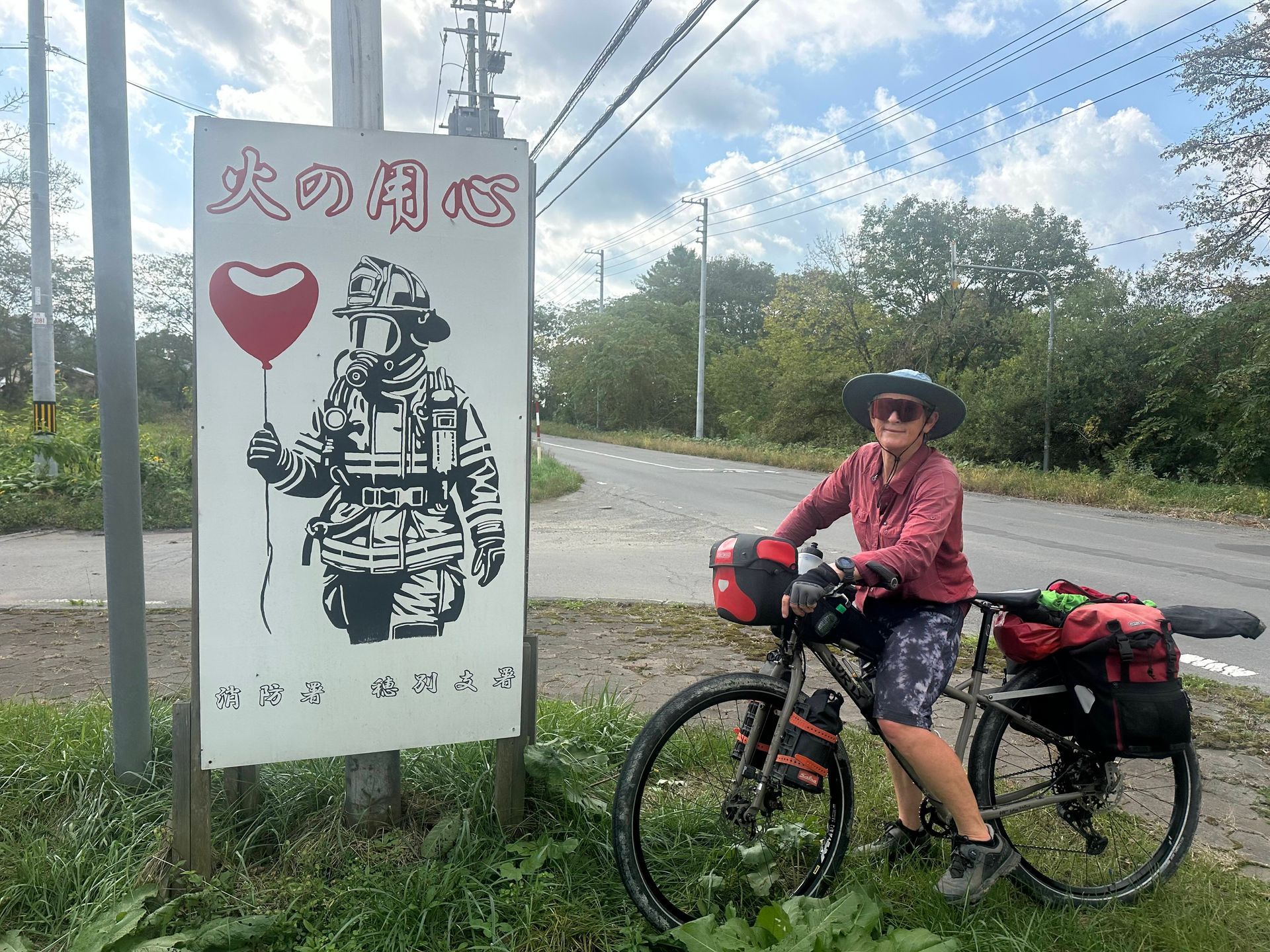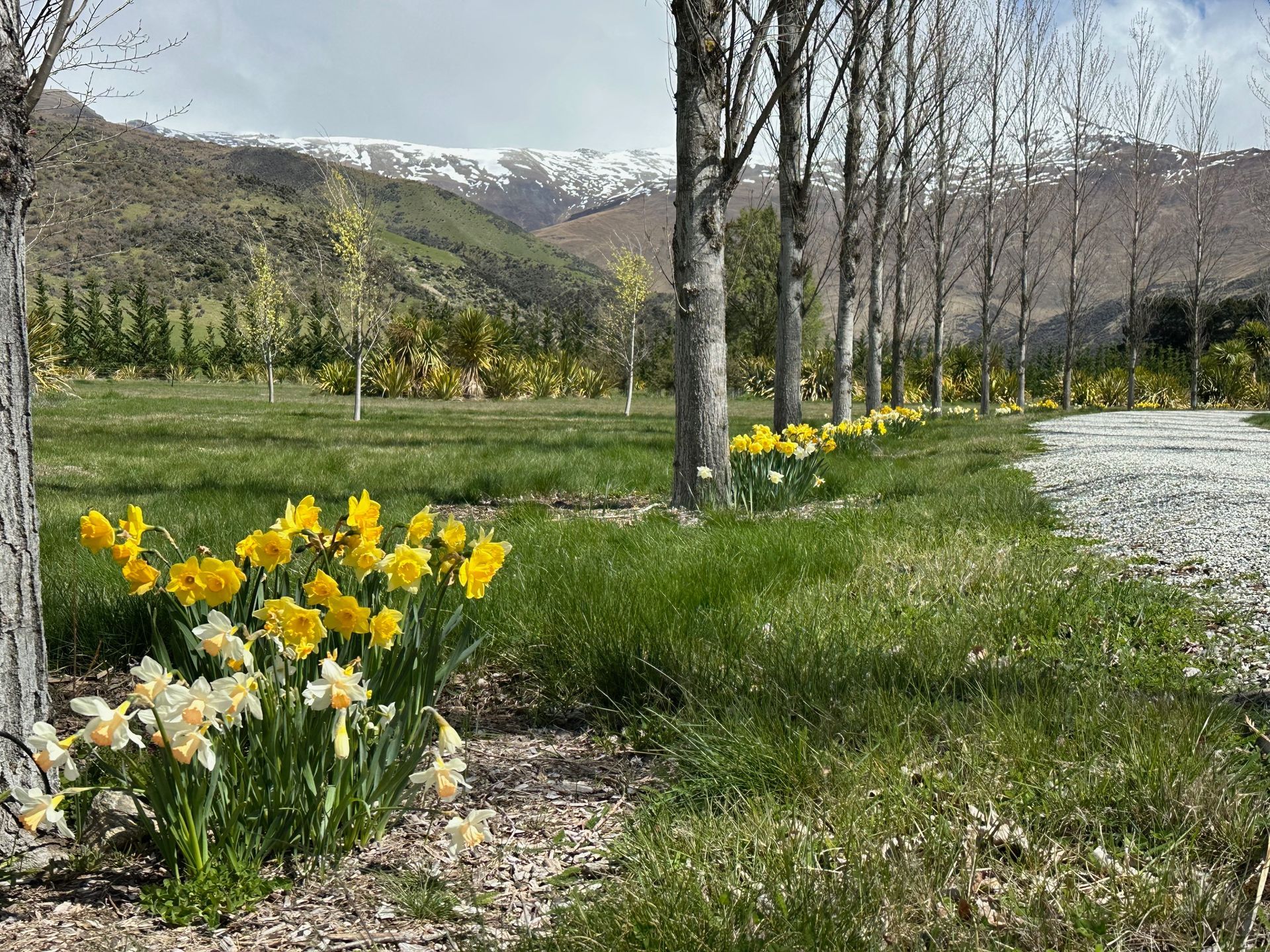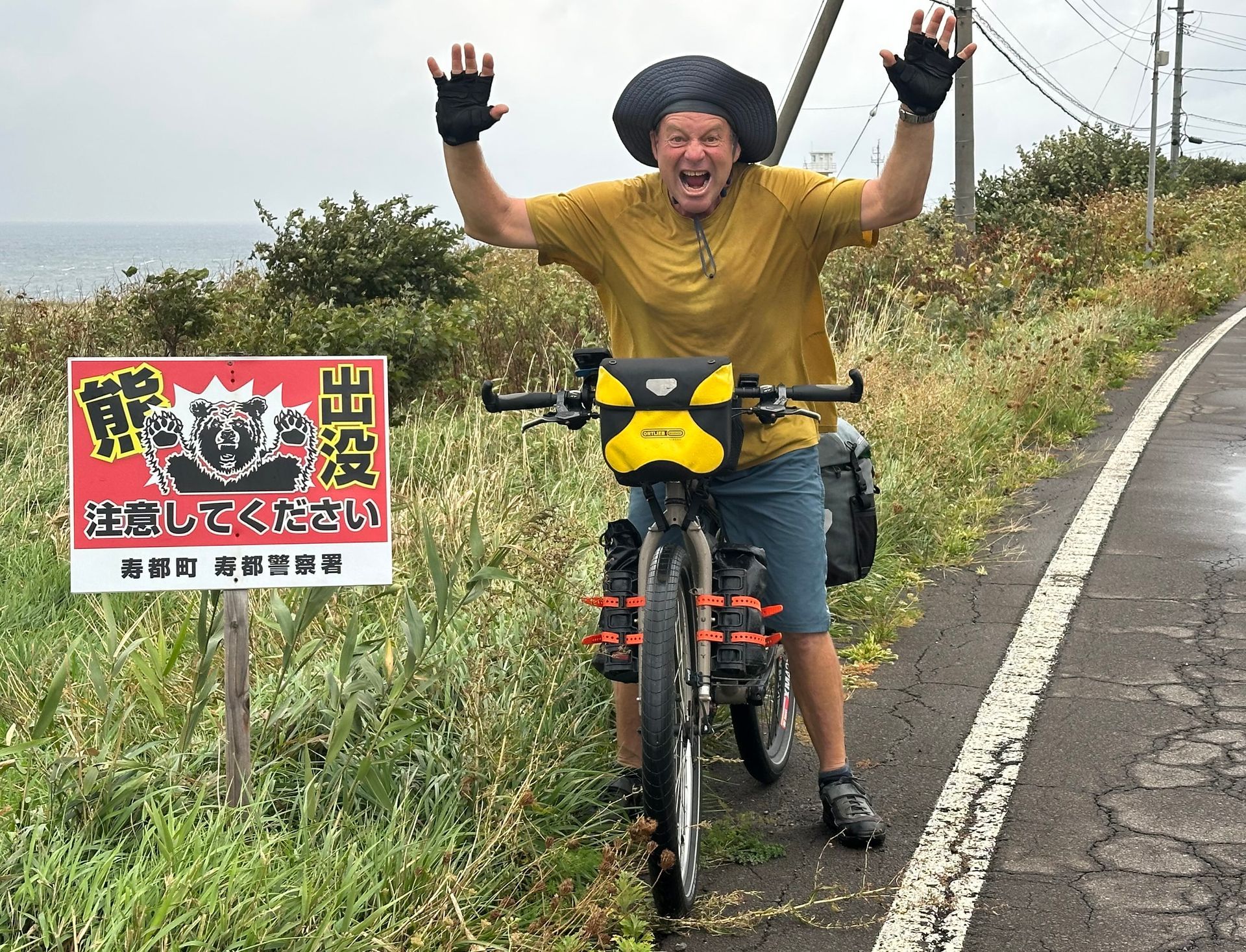Compromised
Heather Jock Hut & Mt Alaska, above Glenorchy

As a present to myself I cycled up to Heather Jock Hut, 1000m above Glenorchy. The views were spectacular, the ride up was hard (I had to walk parts of the last 200 vertical metres because the gradient went over 25%), and the downhill was fun.
I felt like I needed a present after doing 82 hours of work in 7 days. I am not complaining about the work given I have had almost no work this year and the recent science reforms have led me to believe this may be a permanent situation. However, the government issued a call for Artificial Intelligence research platforms which sparked considerable interest in the research community as there’s almost no funding available 2025-2026.
$70 million is a big prize in a funding-constrained environment, even if it is a very small sum compared to the amounts being spent by the rest of the world on AI. Investment rounds have put USD40B into OpenAI (Microsoft, Softbank, Founders Fund and Magnetar Capital), USD14B into ScaleAI (Meta), USD10B into xAI (Morgan Stanley). The US government is estimated to be have spent USD100B on AI in 2024, while China ‘only’ spent USD10B.
I am also not complaining about the AI platform work because, if there's any topic I'd like to work on right now, it’s AI as a field in which there's much to be learned while a huge amount is happening commercially. And AI is a field that will affect everything aspect of human life in every country on the planet.
There’s a game element to writing proposals – you are trying to align the desires of the people wanting funding with the desires of the people who are offering the funding, and to communicate between the parties in a single written document. The process requires taking input from a multiplicity of people who are interested in doing research, as well as working through their organisational layers to get sign-off on the proposal. Doing all this in a week adds to the excitement – it’s like solving a Rubix Cube at speed, but much more interesting.
So I had intense fun for a week, hugely assisted by Chris supplying food to my desk (as someone pointed out it would be a lot less fun writing and being in Zoom meetings fuelled by muesli bars, rather than scrambled eggs, and curry with poppadoms). Then I got to have some more fun going on a mountain bike ride. And now I’m trying to pull apart why I feel so compromised by having completed this job.
I discussed my feelings of compromise with the Glenorchy Book Club – I was in Glenorchy to talk to their book club about my novel Threads of Connection. The core of my compromise problem is that the government’s AI Platform call is focused on how AI will help grow the New Zealand economy. One of the three proposals I worked on referred to a ‘hyperproductive’ New Zealand – it’s about how autonomous AI models can carry out tasks for people, augmenting our population e.g. our team of 5 million augmented by 100 million AI agents.
NZ could get over its population scale ‘problem’ (a problem in economic terms, at least), by getting AI agents to do the many jobs we can’t find people to do. And AI can enhance the productivity of the people we do have (NZ has famously low productivity, a good subject for another blog sometime). For example, AI agents can help clinicians diagnose illness in patients, and also take notes of clinician-patient interactions, increasing accuracy of diagnosis and reducing the time a clinician spends on admin. Such agents can be sold internationally for export income. AI agents can also help farmers by managing sensors to surveil crops and stock and coming up with a plan to mitigate spread of pests or disease, rather than the farmer having to do the surveillance and the planning.
Except...I don’t want New Zealand to be hyperproductive. We can’t continue to grow on a finite planet and in a finite country because we are hitting biophysical limits – environmental constraints such as excess nitrogen in waterways, not to mention climate change. Speeding up the rate or scale at which we can carry out production and manufacturing does not solve any environmental issues. I won’t get into the debate over whether AI can solve our environmental problems except to say, I don’t believe it will because there magic bullets don’t exist.
So why am I helping people write a proposal to help our country grow its economy, an activity I don’t fundamentally believe in?
The only answer I can provide is, “Because it is fun."
When I put this to the Book Club, one woman said, “Obviously you have to stop working.”
Another woman said, “We have to keep doing what we believe in.” Which doesn’t really answer the question or solve my problem. I believe in half of what I am doing – creation of knowledge because that is a fundamental part of what humans like to do. But I don’t believe in the other half – delivering growth because the government says growth is a good thing.
We are all stuck in an ovearching paradigm that isn’t working for the long term future many of us want. As my song ‘Cut Down Trees’ says:
“We can hope, we must hope,
Up the creek without a paddle
And we’re going for broke.
Time we woke, open up our eyes,
‘Cos we can’t give back cut down trees."
